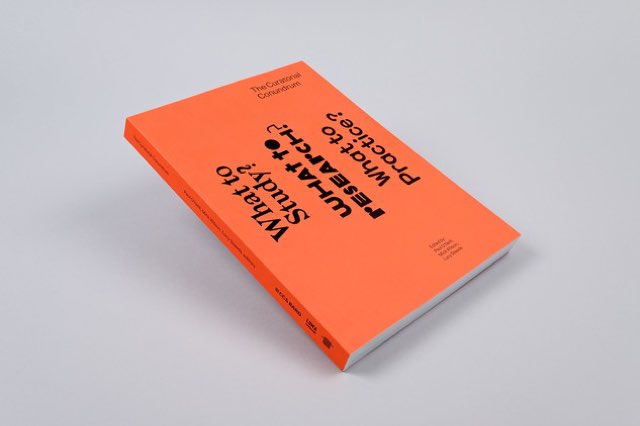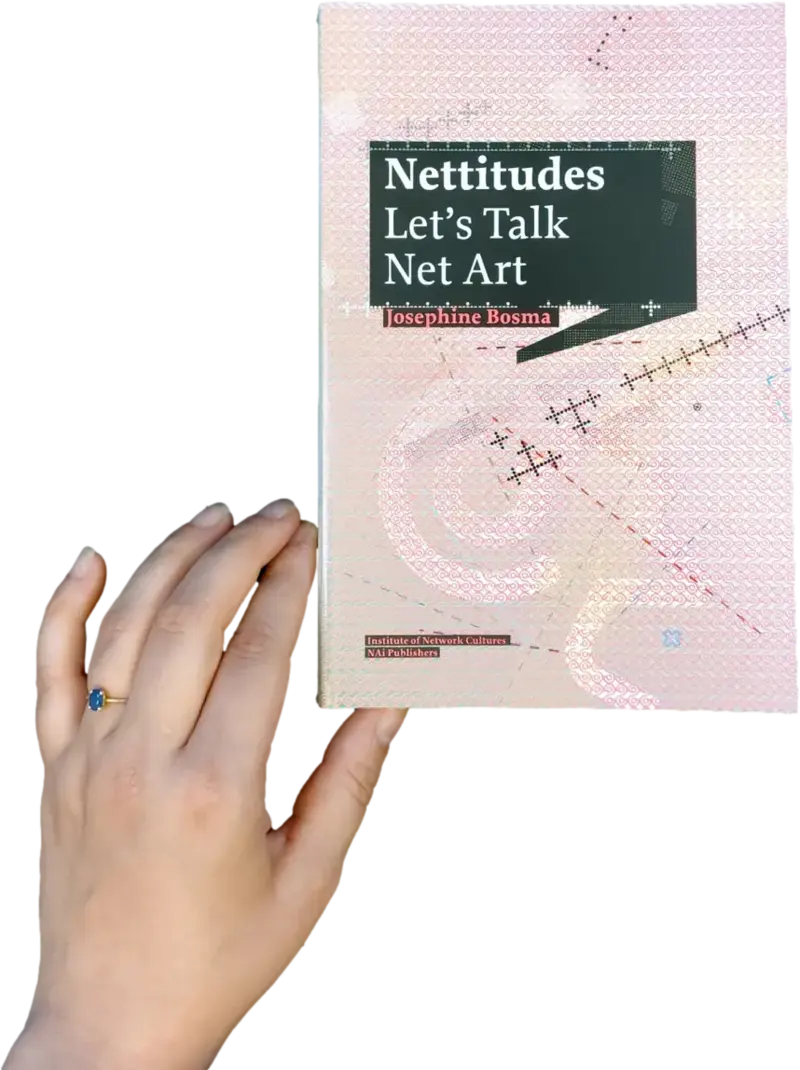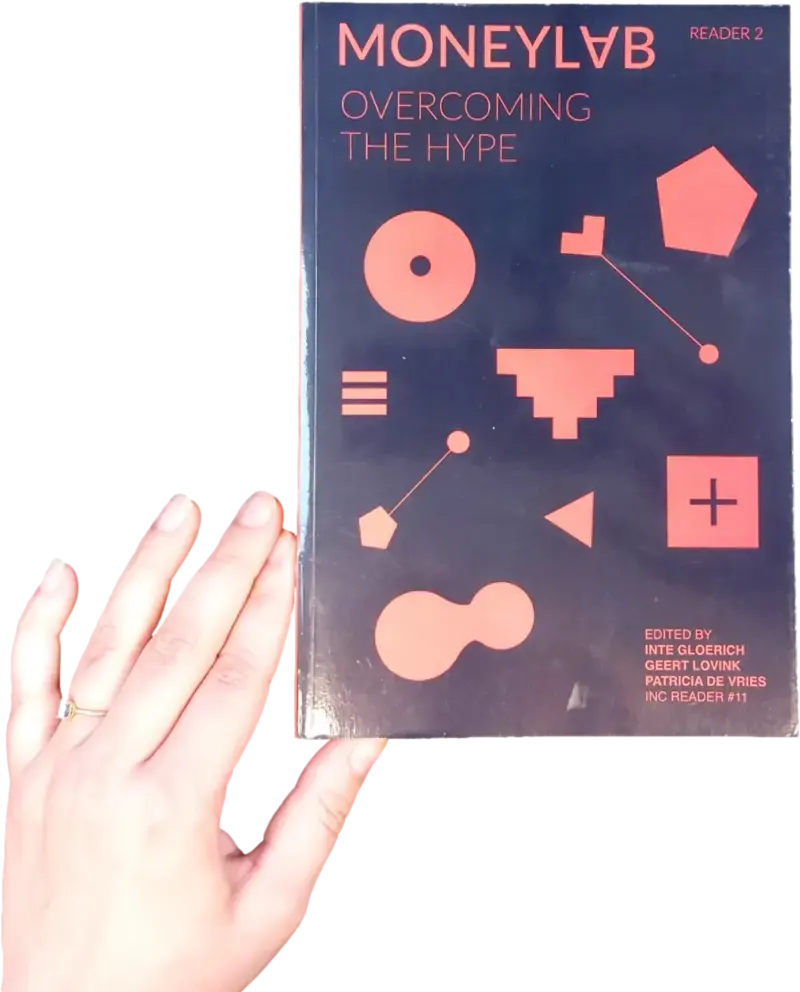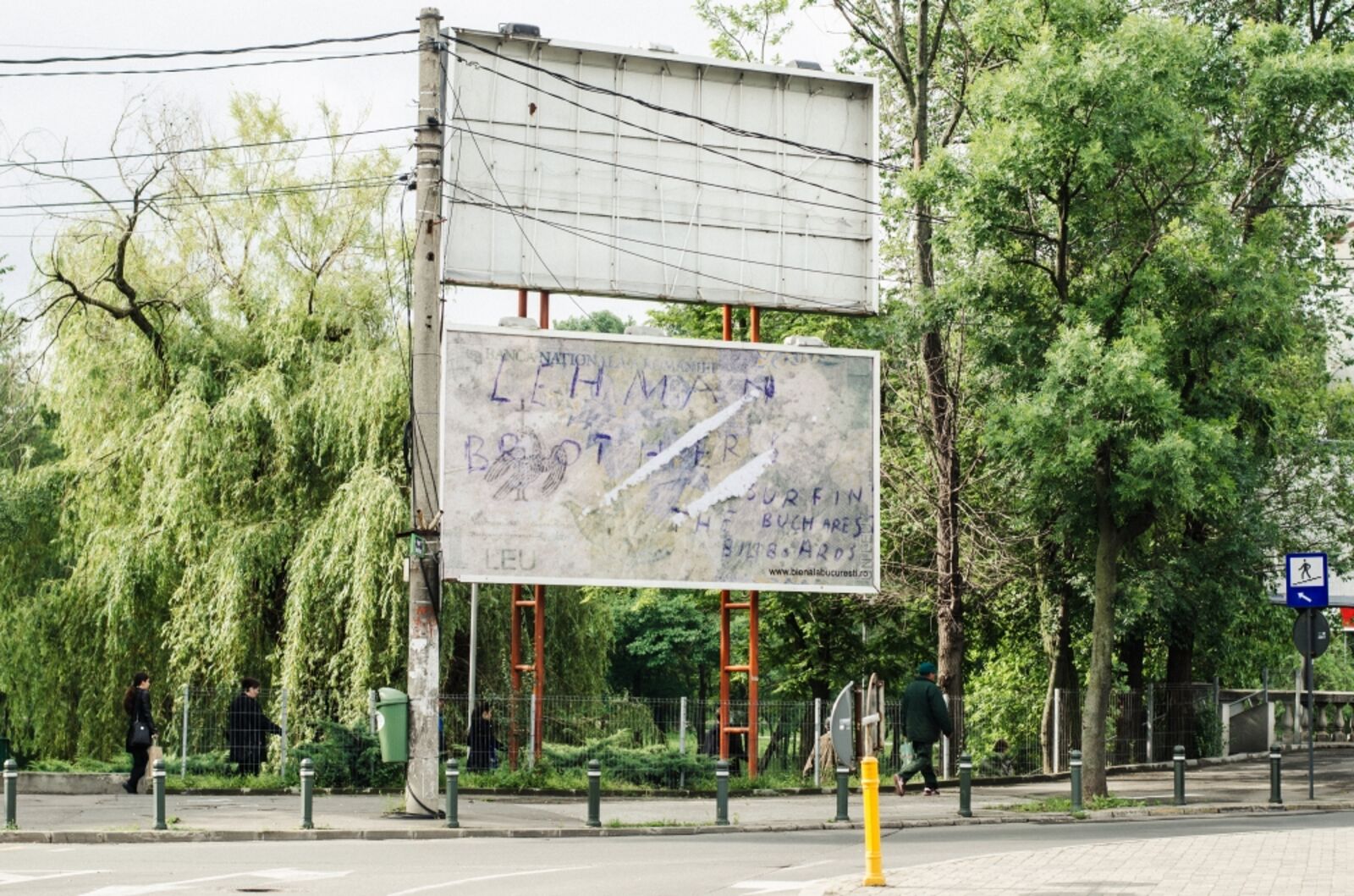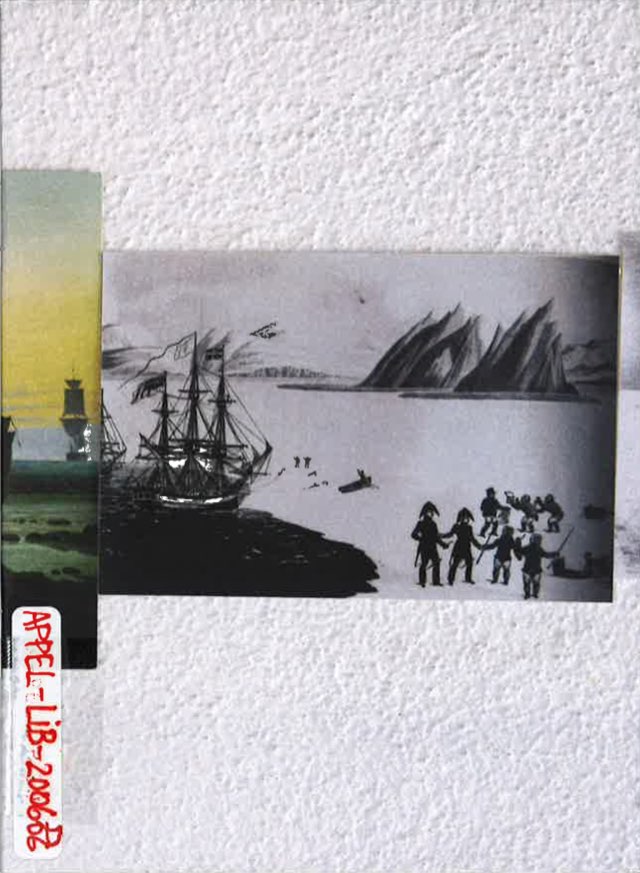Edwin Nasr – Drawing Faces (In Terror Times)
15:30–19:00
de Appel & Stedelijk Museum


© Marlene Dumas / Stedelijk Museum Amsterdam
Drawing Faces (in Terror Times) is organized with de Appel and the Stedelijk Museum in Amsterdam and shaped through a year-long research by Edwin Nasr, de Appel’s 2021-2022 Curatorial Program Fellow. The two-day program takes as its starting point The Neighbour (2005), a painting by South African, Amsterdam-based artist Marlene Dumas, currently part of the Stedelijk Museum’s permanent collection. The source material for the painting originates from a police mugshot of Mohammed Bouyeri, now serving a life sentence in the Netherlands for the highly mediatised assassination of filmmaker Theo van Gogh in 2004.
Drawing Faces (in Terror Times) implicates Dumas’ portrait in order to reflect on the paradoxes of representation through a carceral, racial, and postcolonial lens. Photographer Allan Sekula notably formulated in The Body and the Archive, that “every proper portrait has its lurking, objectifying inverse in the files of the police”. How then can the diverse positions of artistic practices and theoretical interventions evade subjugation and the punitive gaze through which these processes of exclusion are reproduced?
The program unfolds over two days:
The first, held at the Stedelijk Museum on December 2, will aim to examine through a panel conversation with scholar Miriyam Aouragh on the past two decades in the Netherlands in relation to the global 'war on terror', and the ongoing communal attempts at countering the structural racisms and Islamophobic sentiment worsened by the rise of the Dutch far right and the successive assassinations of Pim Fortuyn and van Gogh. Three performative readings by S*an D. Henry Smith, Amal Alhaag, and Ola Hassanain, will speculate on how to mediate portraiture to diverse publics when the racialized subject being represented is a perceived threat to national security.
The second, taking place at de Appel on December 3, will be structured around three different interventions aiming to dive into the workings of portraiture, capture and the grammar of terror. Two keynote lectures by scholars Jaleh Mansoor and Avery F. Gordon will delve into representation’s aesthetic and ethical paradoxes, as well as its imbrication in historical eruptions of state violence, and the continued bargaining of life and dignity at the margins. A lecture-performance by artist Isshaq Albarbary will examine fantasies of citizenship and statelessness as they come to inform identification processes at the individual and state level
Tickets: Click here to purchase a combination ticket for both de Appel and the Stedelijk, click here for a ticket for 2 December at the Stedelijk, and click here for a ticket for 3 December at de Appel.
Schedule 2 & 3 December
Stedelijk Museum, 2 December:
15.30-16.00 Registration
16.00-16.10 Welcome Notes
16.10-17.30 Panel Conversation
18.10-19.00 Readings
de Appel, 3 December:
15.00-16.15 Keynote Lecture: Jaleh Mansoor
16.30-17.45 Keynote Lecture: Avery F. Gordon
18.15-19.00 Lecture-Performance: Isshaq Albarbary
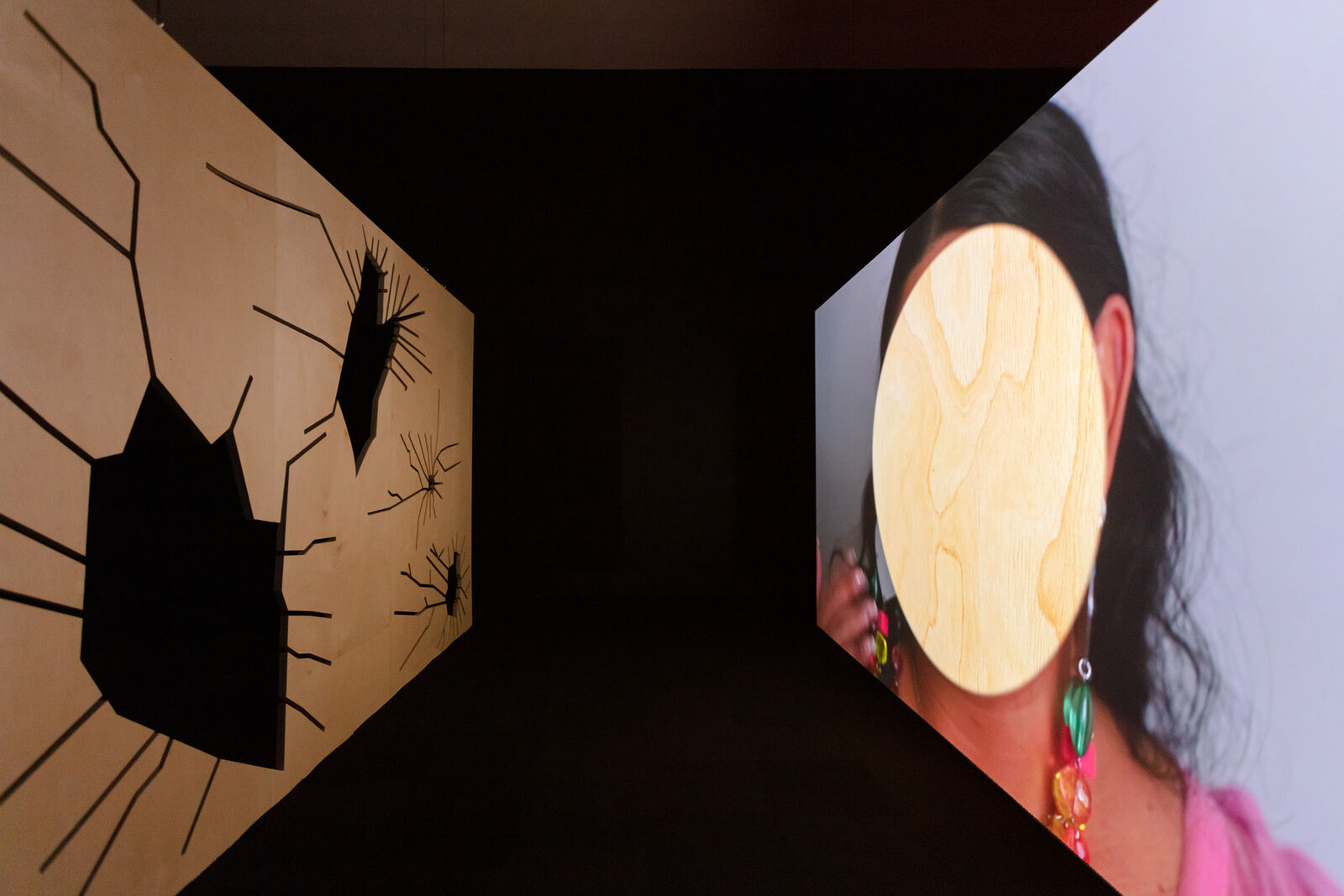
Hannah Black, The Meaning of Life, 2022, video installation. Photo by Laura Findley at Art Gallery of York University, Toronto. Part of the keynote lecture by Jaleh Mansoor.
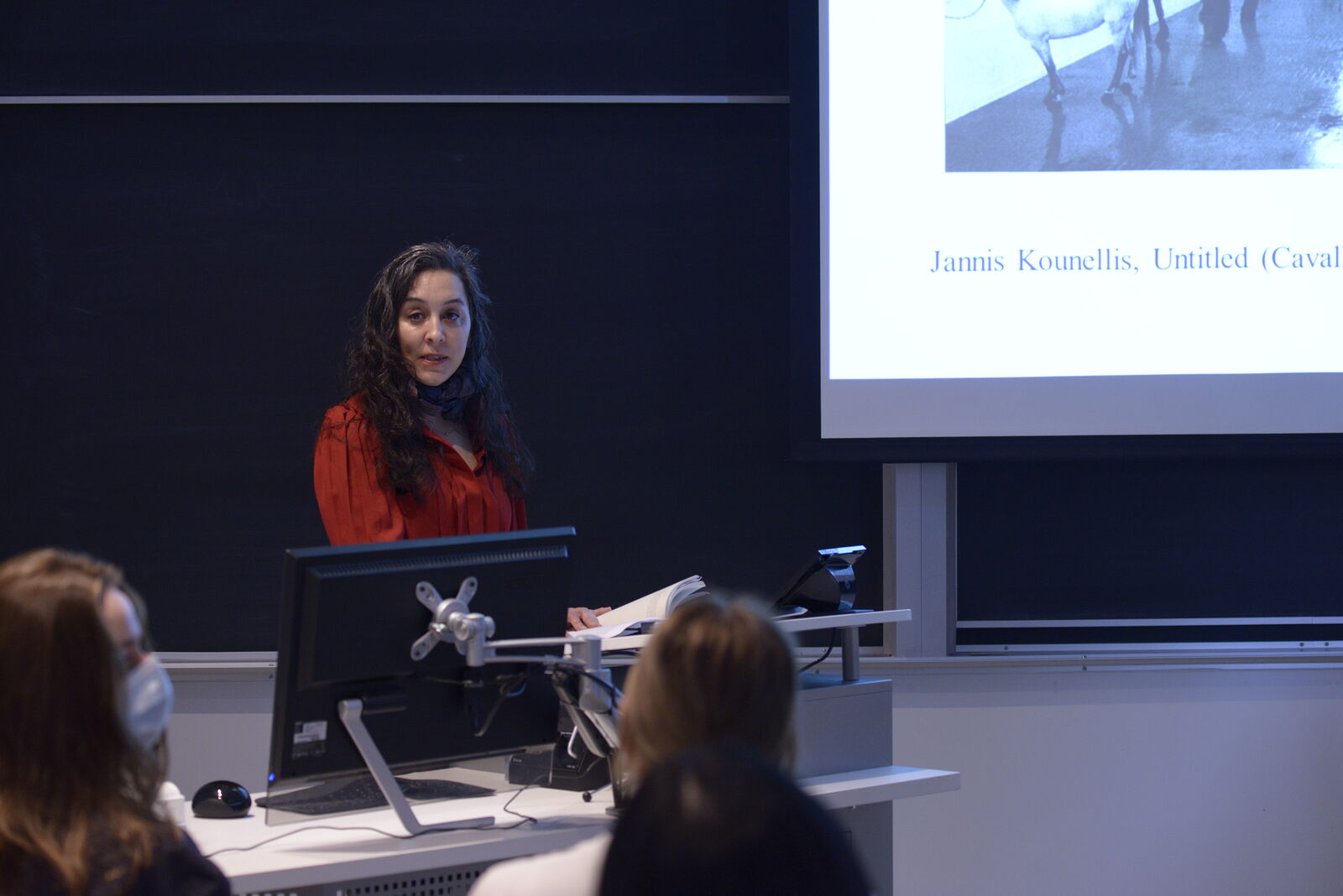
Portrait of Jaleh Mansoor.
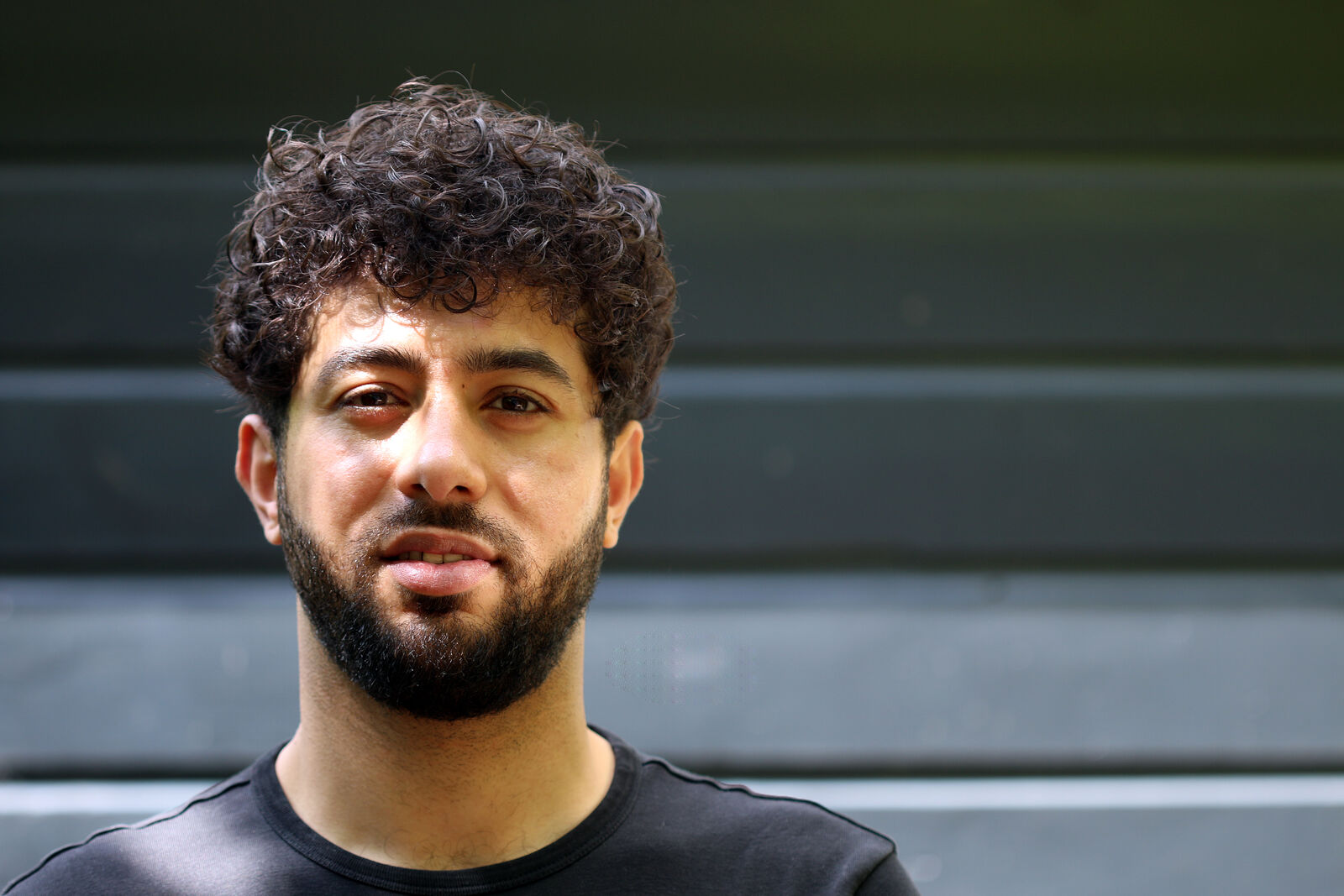
Portrait Isshaq Albarbary
Credits: Lua Vollaard
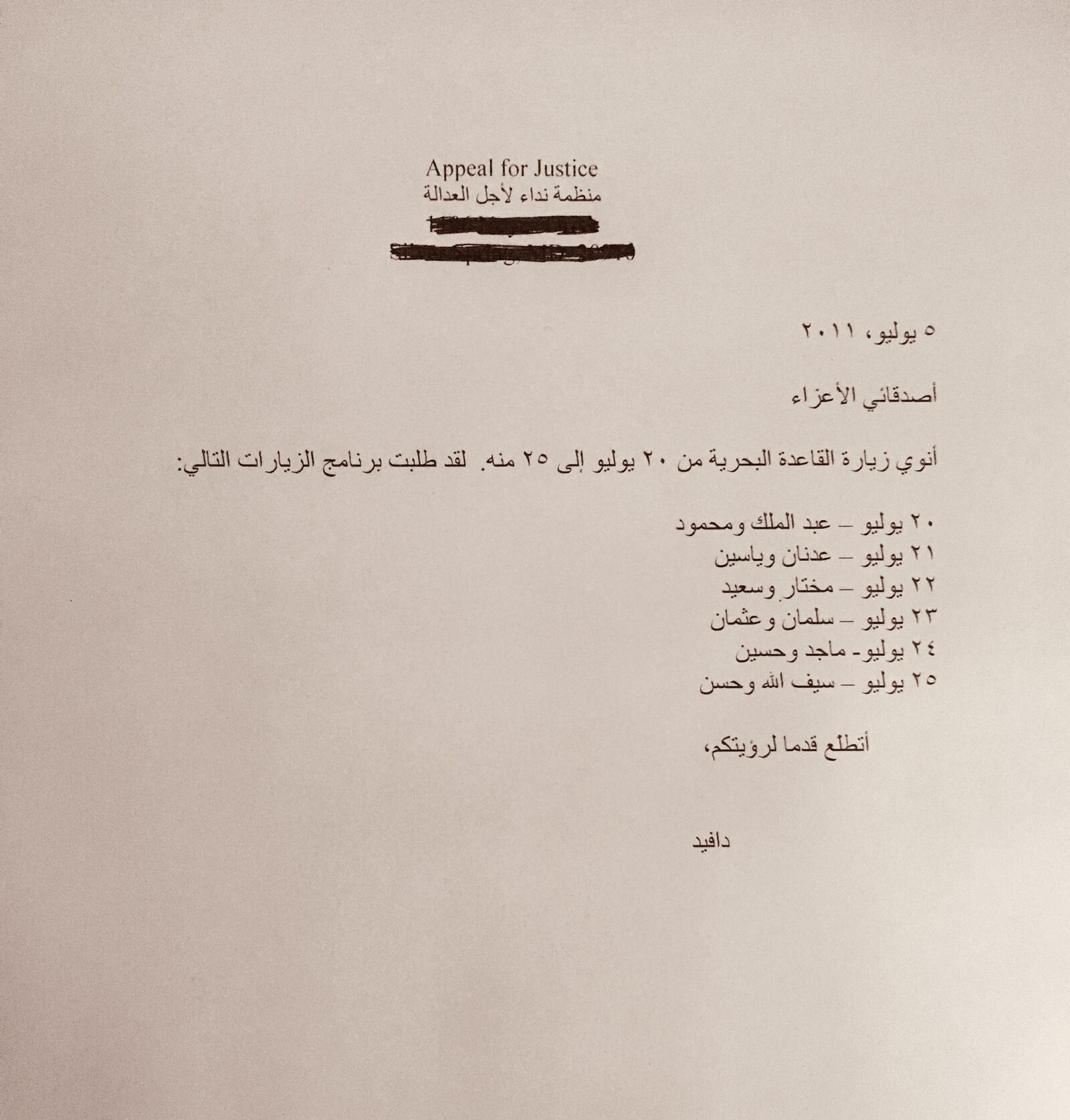
Still from the lecture by Avery F. Gordon
Programme at de Appel:
Keynote Lecture:
Every Representation a Mis Representation in the Service of the Law:
Portraiture, the Police, and the Politics of Identification in Contemporary Art
by Jaleh Mansoor
In his 1986 essay, The Body and the Archive, photo conceptualist and artist Allan Sekula notes that “every proper portrait has its lurking, objectifying inverse in the files of the police.” This formulation can be said to cement the dialectical relationship between portraiture as a form of popular (and populist) representation and one of surveillance, which he takes to be co-constitutive of and rooted in the historical origins of the development of police archives as a reaction to revolutionary class fomentation in France in the 1870s, at the very moment of the proliferation of “democratic” representation through popular photographic images. As such, his scholarship amplifies a concern with the politics of representation on the part of the Left since at least the 1960s. Guy Debord’s Society of the Spectacle, although primarily concerned with the relationship of images to the value form, might be taken to echo Sekula’s concerns about the surveillance state and its mobilization of seemingly democratic imaging techniques popularized as part of “self-identification” and “self-representation,” or what Michel Foucault might call “techniques of the self”.
On the other hand, numerous forms of intersectional and identity-based politics, also tending to the Left, claim the importance of self-representation as a corrective to centuries of racialized and gendered oppression, as well as subsequent conditions of individual and collective erasure in our post- and neo-colonial present.
This talk will offer one case study of a possible third term beyond the representation / anti representation impasse. Through a case study of artist Hannah Black’s The Meaning Of Life (2022), It enumerates the aesthetic tactics that Black mobilize to both address subject positions and counter histories that rally against entrenched historical marginalization in the interest of reclaiming a “self,” while also refusing forms of identification that render those subject positions vulnerable to police. The Meaning of Life addresses the vibrant collective mobilization in the aftermath of the police murder of George Floyd in the Summer of 2020 in New York and globally. Through an exploration of the dialectic emergent between the problem of theft and the mobilization of the gift, Black’s work queries the commodity object as the repository of congealed racialized labor, or dead labor, to find ways to liberate the object and with it the labor time calcified in it in the interest of emancipated life—all while dodging the police.
Jaleh Mansoor is a writer and an associate professor of Art History at the University of British Columbia, Vancouver, where she teaches modern and contemporary art history with an emphasis on postwar European art. Her first monographic book, Marshall Plan Modernism: Italian Postwar Abstraction and the Beginnings of Autonomia was published in 2016. She has written extensively for various journals, magazines and art institutions. Her current primary project, Universal Prostitution: A Counter History of Abstraction Crossing Modernism, 1888-2008, traces the historical and structural entwinement of aesthetic and real abstraction to offer a comprehensive account of the political economic forces that motivated modernist abstraction and the advent of post-humanism.
Keynote Lecture:
‘I’m Here in Echo’: Reflections on the Guantánamo Prisoners of War Twenty Years On
by Avery F. Gordon
“Dear U, I am here in Echo. The soldiers tell me that you refuse to meet with me. I do not trust them. If you really do not want to talk with me, please tell me briefly why in a written note—and sign it so I know you wrote it! Thank you, M.”
A letter from a lawyer to a client in prison written in 2006. This prisoner is a prisoner of war who isn’t a prisoner of war, otherwise known as an “illegal alien enemy combatant.” He’s no longer there, but 35 others remain, as does an archive of legal correspondence at once mundane and full of frightening curses. A meditation on what stories and images might be needed and activated twenty years after the first prisoners of the Global War on Terror were captured and taken to the US military prison in Guantánamo Bay, Cuba.
Avery F. Gordon is a writer, educator and radio producer. Currently Visiting Professor at Birkbeck School of Law University of London, she was a Professor of Sociology at the University of California Santa Barbara for thirty years. She is the author of The Hawthorn Archive: Letters from the Utopian Margins; The Workhouse: The Breitenau Room; Ghostly Matters: Haunting and the Sociological Imagination; Keeping Good Time: Reflections on Knowledge, Power and People; and Mapping Multiculturalism among other books and articles. She has been the co-host of No Alibis, a weekly public affairs radio program on KCSB FM Santa Barbara since 1997.
Respondent: Lama El Khatib
Lama El Khatib is a writer and cultural practitioner. She has been trained in architecture and studied art history and philosophy at the American University of Beirut. She is currently pursuing an MA in philosophy at the Freie Universität Berlin. Her research and practice focus on questions and histories of labor and economy, and on relations of debt and state. Since 2018, Khatib has worked at the Haus der Kulturen der Welt as a researcher and curatorial coordinator in the context of multiple projects including the Whole Life Academy, an experimental initiative invested in developing archival research methodologies, and The Missed Seminar, a research exhibition that speculates on biographical encounters of the past towards an intersectional politics today.
Performance Lecture:
I Woke Up a Polycarbonate Human
By Isshaq Albarbary
I Woke Up a Polycarbonate Human is a performance-lecture by artist Isshaq Albarbary that explores how language renders the complexity of our knowledge systems illegible, peeking into the invisible politics of state bureaucracy. Departing from his Dutch residency ID card on which his country of birth, Palestine, is marked as unknown ("XXX"), Albarbary peels away the material and disembodied layers mobilized towards the making of identification documents. Through this process, the artist considers the aesthetic, ethical, and theoretical intricacies of capturing affects, forms of belonging, and lived experiences that transcend and/or are omitted through the modern nation-state's production of legal subjects.
Working in a variety of media that include text, installation, and performance, Isshaq Albarbary draws on practice-based research findings to create events that narrate and delineate the tensions between cultural production and the weaponization of culture. His work is currently concerned with historical investigations, archives, and field research that deal with scenes of silence, imitation, camouflage, and anonymity as they pertain to the Al-Andalus era performance of poets from the Iberian Peninsula (musta’rbin) and the contemporary tactics of Israeli secret agents (mista'arvim). Albarbary was born in 1988 in Beit Jibrin refugee camp in Palestine and is currently based in Amsterdam. He holds an MFA from HKU, Utrecht, and was a fellow at BAK – basis voor actuele kunst, Utrecht. Albarbary has shown his work at the Van Abbemuseum, the Serralves Museum, and the Renaissance Society. His work has been included in the São Paulo Biennial, the Qalandiya International in Palestine, documenta 14 in Kassel, and the Chicago Architecture Biennial.
For an overview of the programme at Stedelijk Museum, click here.
About Edwin Nasr
Edwin Nasr (they/them) lives and works in Berlin. They are currently a curator at CCA Berlin -- Center for Contemporary Arts and have been working on the development of exhibitions and programs at Ashkal Alwan in Beirut since 2018. Their research is broadly concerned with the ability for art practice to make legible spaces and processes of capture and extraction. They completed de Appel’s Curatorial Programme in 2020-2021, alongside a research fellowship the following year. Together with Sarah Rifky, they have curated Towards an Institute of Black Studies at Quai Branly Museum, Paris (2021) and Alexandria: Past Futures at Bozar, Brussels (2022) and MUCEM, Marseille (2023). With Hera Chan, they launched an ongoing podcast and research project, NOT A READY-MADE HISTORY, commissioned by SAVVY Contemporary in Berlin and further developed with the Singapore Art Museum and the Seoul Museum of Art. Forthcoming and recent writings can be found in Afterall Journal, n+1, Bidoun, Spike Art Magazine, Metropolis M, The White Review, and The Funambulist.
